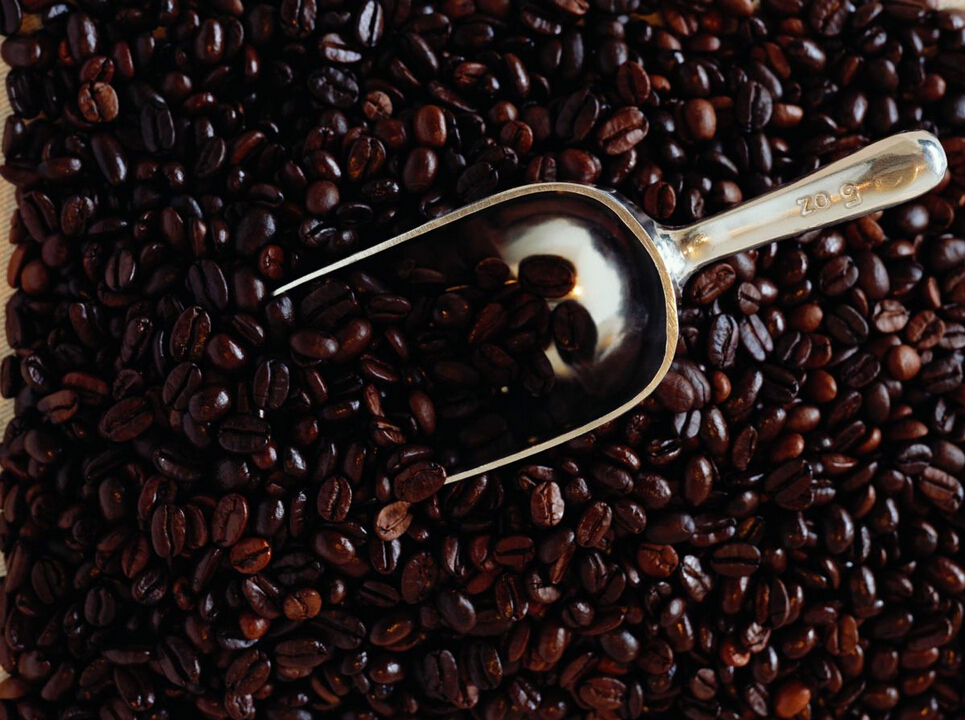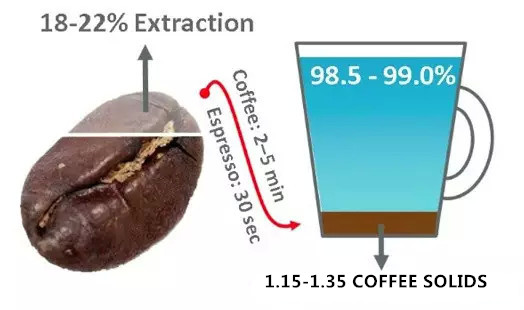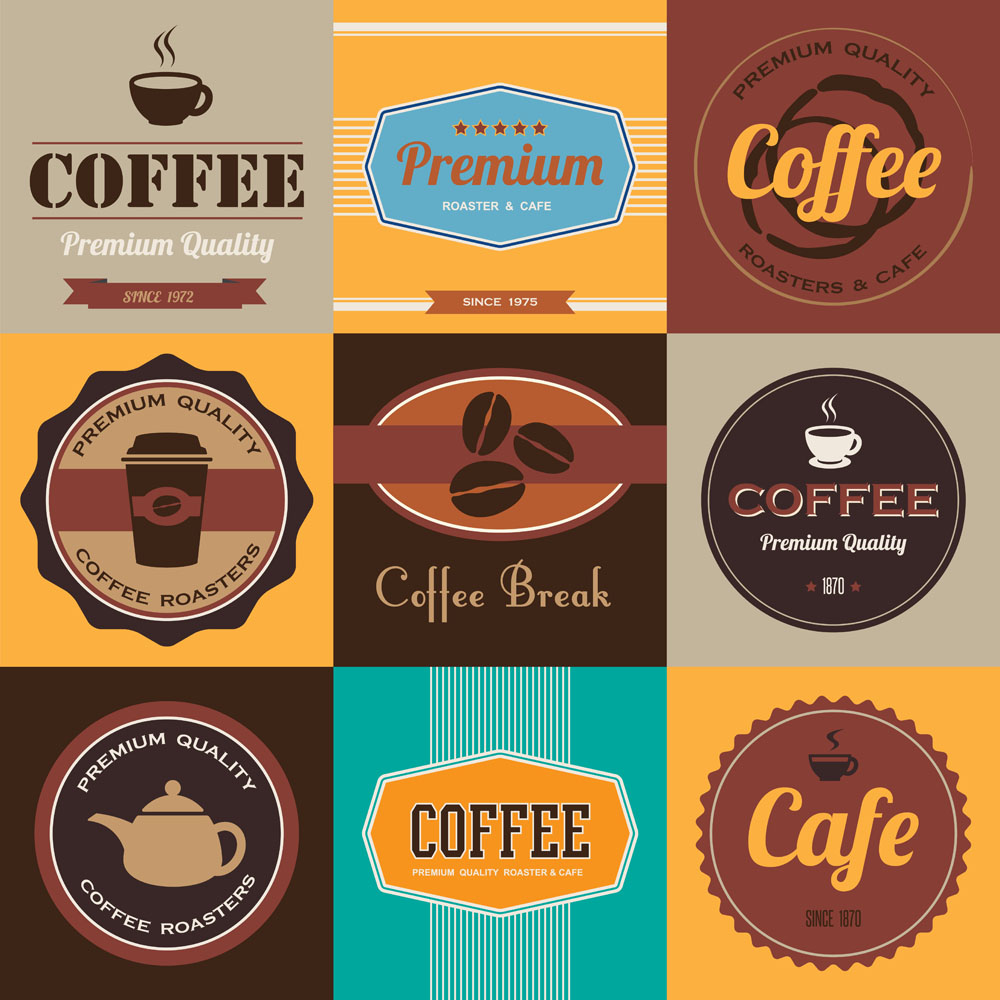Nine aspects to identify the good and bad of coffee beans
Chinese people like to drink tea, tea culture has a long history, but now with the introduction of Western culture, people slowly accept coffee, to now the popularity of coffee in major cities, by the same token, many people who like to drink coffee will also slowly study coffee knowledge! Of course, people must be most concerned about the quality of coffee, so how to distinguish the advantages and disadvantages of coffee? This starts with the source of coffee. There are nine ways to identify the quality of coffee beans. Let's take a look at it:

First, the trap of 100% pure coffee. This is the most obvious hint, because "100% pure coffee" does not indicate quality, but only means the use of high-profit, better anti-parasite Robusta coffee beans of low quality. This kind of coffee tastes more bitter. The shelf life is much more important than the "baking" time. Don't just think about judging the freshness of coffee by the date of baking, regardless of the expiration date must be an unwise choice.
Second, a wide variety of tastes is not a good thing. If a brand produces a variety of flavors of handmade coffee, they must not pay attention to the quality of coffee beans. This is not to say that a professional baker can't make two or three flavors (Klatch is a good example), but when you have a lot of choices, your chances of finding a good cup of coffee are greatly reduced. Over-reliance on blended coffee. A common cost-cutting technique is to buy low-grade coffee beans and mix them. If a company sells 10 kinds of coffee, eight of which are blended coffee, they must not be trusted.
Third, pay attention to the baking level. Most professional coffee roasters don't use words like bright, medium, or dark to describe roasting grades. They describe them as exaggerated synaesthesia, such as earthy or chocolate-colored coffee beans. If you don't see a word for flavor, it's likely that the coffee bean baker is unprofessional. This is by no means a good sign.
Fourth, pay attention to whether it is cupped or canned. Dehydrated coffee is usually bottled in glass, but it may also be packed in cans and plastics. None of this is environmentally friendly: more carbon dioxide is produced in both production and transportation. There is also a problem with transparent bags, because light is the main natural enemy of coffee beans, and darkness is their old friend.
Fifth, there is too much coffee in stock, which is worth thinking about. Unless you are buying coffee for the army or office, buy less than 2 pounds at a time. Because it deteriorates over time, and the most famous bakers don't want their products to stay on the shelf for a few weeks.
Sixth, the popular term for coffee. Natural, pure and eco-friendly sounds great, but it doesn't carry much weight. Look for USDA organic certification or Fair Trade certification stickers-many good coffees don't have these certifications, but beware of the traps behind the fancy words. The really useful information is the altitude of growth, the description of processing and the type of variety.
Seventh, whole bean coffee is not sold. If a brand does not sell whole bean coffee, it is not a good sign.
Eighth, coffee is sold in boxes. If it is not properly packaged, it is likely to be of poor quality, as it shows that the coffee does not pay attention to quality assurance and freshness, and the coffee will deteriorate quickly when exposed to light and air.
Ninth, there is a lack of local characteristics. Countries like Colombia and Guatemala are not small. They have many kinds of coffee. Listing farms and regions can stimulate purchasing confidence, and vice versa.
The quality of a cup of coffee is affected by the quality of coffee beans, so if you want a strong and good coffee, you can't choose bad coffee beans, that is to say, the step of choosing coffee beans should not be taken lightly. The above nine aspects allow you to easily select good coffee beans, plus the correct grinding, brewing method, a good cup of coffee will come out!
Important Notice :
前街咖啡 FrontStreet Coffee has moved to new addredd:
FrontStreet Coffee Address: 315,Donghua East Road,GuangZhou
Tel:020 38364473
- Prev

Analyzing the Best extraction method of Coffee and talking about the problems often misunderstood
What is the law of gold cup extraction; how to adjust the extraction rate and coffee concentration; questions often misunderstood by baristas. In order to understand gold cup extraction, we must first understand the concept of extraction rate and concentration. Extraction rate: the weight of dissolved coffee ingredients as a percentage of the total weight of coffee powder used. For example, when we use 18 grams of coffee powder to brew coffee, there are actually only 2.7-4.3 grams of coffee.
- Next

The importance of Italian coffee beans
I have always stressed the importance of coffee beans in store products, because only good coffee beans can extract good flavor, while bad coffee beans, even if you find a world champion, there is no way to get good taste. Serving as the sensory judge of the 2015 World Cooking Competition in China once again verified this, although everyone on the designated cooking of the same bean
Related
- What is the meaning of lactic acid fermentation with coffee bean treatment?
- How to judge the state of foam by sound?
- How does the latte pull out the unicorn pattern? Come to get for a little trick to improve the flower pull!
- Will flower pulling affect the taste of the latte?
- Do you know the history of coffee?
- The difference between honey treatment and sun washing what is raisin honey treatment?
- What kind of milk can a novice use to make coffee foam to keep the foam longer? The correct method and skills of milking tutorial sharing
- Why do washed coffee beans taste sour? Flavor characteristics of washed Coffee
- Introduction to the skill of how to practice the size and height of water injection around the circle of hand-brewed coffee
- How do beginners practice coffee flower drawing from scratch?

